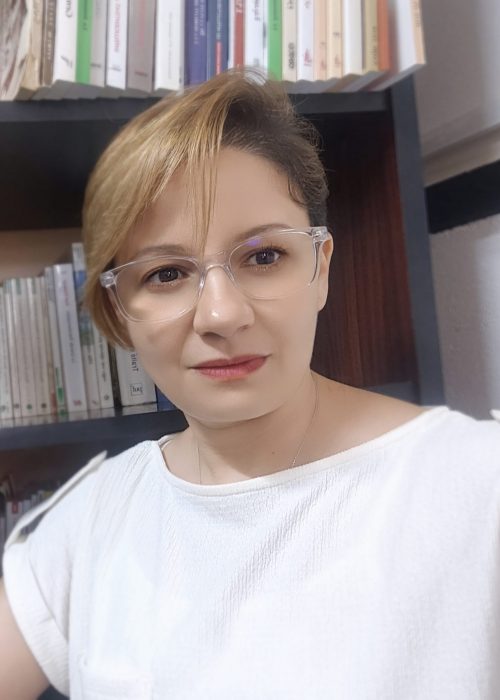2024
Project: Reading Public Space through Masculinities in a Maghrebian Context
Dr. Khadidja Boussaïd
( University of Algiers 2 & Research Center for Applied Economics for Development CREAD / Algeria )
Dr. Khadidja Boussaïd holds a Ph.D. in Urban Sociology from the University of Algiers 2 and is a permanent researcher at CREAD (Research Center for Applied Economics for Development). She is part of a research team focused on the socio-economic dynamics of families, with a particular emphasis on the transformations of gender identities within Algerian households.
Dr. Boussaïd is accredited to supervise research (HDR) and is a member of the LASADET Laboratory (Socio-Anthropological Analysis of Territorial Development). She is also an associate member of the Gender Studies Center (CEG) at the University of Lausanne, contributing to research on the intersection of gender, space, and power.
In her postdoctoral work at MECAM, she will explore the topic of masculinities and public space, building on her previous and ongoing research on gender inequalities and access to public space.

Project IRF V : Identities & Beliefs
Public space in the Maghreb is shaped by complex social dynamics, where masculinities play a central role. This research project aims to dissect the multiple dimensions of masculinities within Maghrebian public spaces. Drawing on diverse and complementary studies, it sheds light on persistent inequalities, identity transformations, and power dynamics that shape gendered interactions in public spaces. Through this critical analysis, the project seeks to deepen the understanding of contemporary issues related to masculinities in the region, offering insights into inequalities in access, male domination, the myth of a masculinity crisis, and the specificities of being a “man” in the Maghrebian context.
By building on previously collected data and strengthening it through new qualitative fieldwork, the study of masculinities aims to enrich the broader reflection on gender issues with a critical perspective. This approach becomes even more relevant within a comparative framework between two Maghreb countries, Algeria and Tunisia.
